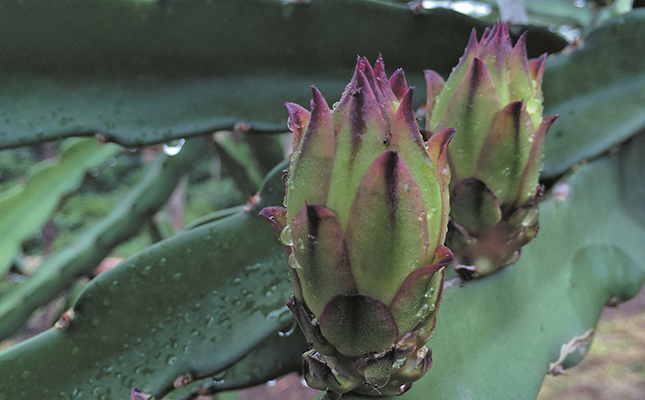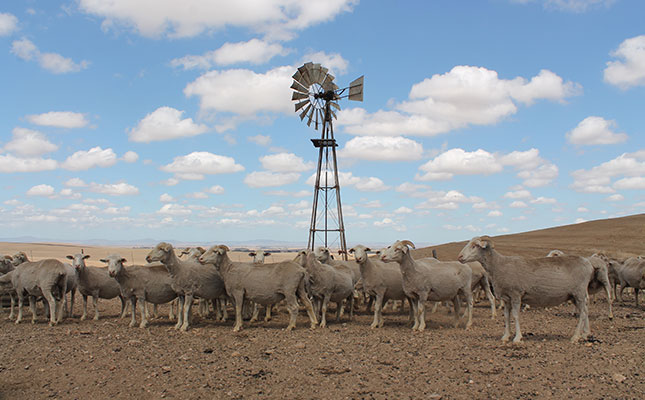
Photo: FW Archive
Dragon fruit production is gaining ground in South Africa as farmers get to grips with production methods and market demand grows.
While the area planted to dragon fruit is expanding, farmers have had to grapple with a lack of information on production methods suited to South Africa’s climate, as well as newer varieties.
Pest control in particular is challenge, as no pest-control chemicals are registered for use on the crop locally.
Fred Steyn, chairperson of the Southern African Dragon Fruit Association, said that this was one of the issues that the newly formed association was trying to address.
“There was a lot of rain this year and some producers really struggled to keep fungi under control. Dragon fruit needs to be produced organically, which isn’t easy considering that it’s a new product being cultivated in South Africa and there are many unknowns. The association has employed an agriculturalist to assist with production research.”
Dragon fruit farmer CT van der Merwe said he was happy with results achieved over the past season, which ended in the middle of May.
“Our yields were up, but they are still not where they should be. But we learnt a lot this past season and believe we are now on the right track after getting in specialist help with biological production methods and pest control.”
Van der Merwe and Steyn noted that demand for dragon fruit was increasing locally. Steyn said that although the peak prices of R50/ kg had subsided to around R30/ kg on the local market, the fruit was still profitable to farm.
“Dragon fruit has gone from being something exotic that consumers would buy once in a while, to something bought more regularly.
“So although the price is down, demand is growing steadily, which is good news for the industry.
“There’s also a very diverse range of consumers buying dragon fruit, from markets [in Asia] to those doing value additions, which adds to this stability,” Steyn said.











